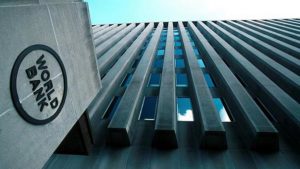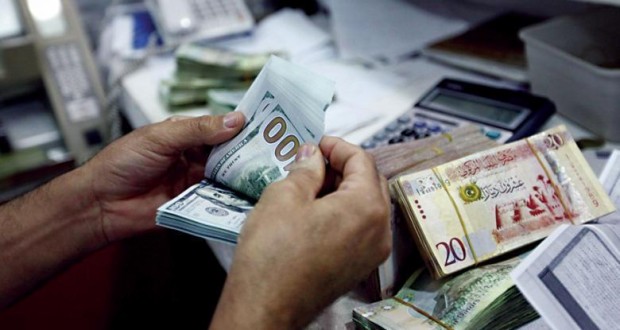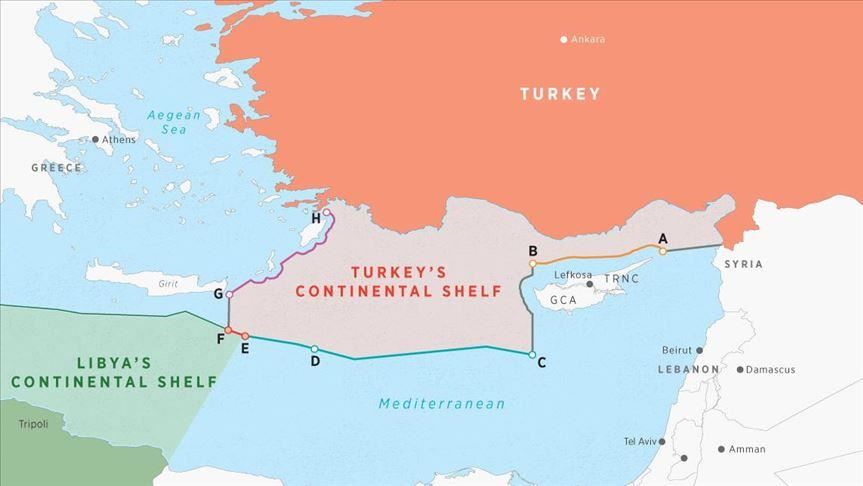Despite Libya’s risks, there is Western interest in future investment
Published on 2016 October 17, Monday Back to articles
Last week a new World Bank report laid out a dire description of Libya’s economic collapse: run-away inflation combined with plummeting GDP per capita; persistently low oil revenues; and food and fuel shortages. It reemphasised that the only way to begin to reverse these short and long-term economic challenges was to end the political crisis. At the same time, there were reports last week that an Algerian group, affiliated with al-Qa’ida in the Islamic Maghreb (AQIM), had claimed responsibility for the 20 September kidnapping of two Italians and a Canadian in Ghat. They have allegedly demanded US$4.4 million and the release of two Algerians from Algerian custody for arms trafficking.
In the context of: the deepening political and economic crisis; the targeting of foreigners; and even the potential for looming conflict in Tripoli itself, some more risk-tolerant international firms may seek to re-enter the Libyan market, and are betting on the slim chance the Presidency Council is able to restore order. The potential returns on such investment are very high given Libya’s vast needs in every sector.
Glencore announced on 12 October that it was seeking to increase its work in Libya. It signed an exclusive deal with the NOC in 2015 to take all crude from the Sarir and Messla fields which, according to NOC’s AGOCO subsidiary, recently finished electricity upgrades. This risky investment appears to be paying off for Glencore as total production has increased to over 500,000 b/d.
Italian companies also appear interested in investing in Libya’s future. An Italian air transport consortium visited the remains of Tripoli International Airport, which was destroyed by militias during the proIslamist takeover of the capital in mid- 2014. The Libyan Airports Authority and representatives from the pro-GNA Transportation Ministry accompanied the consortium on its visit, which should lead to a new reconstruction plan for the airport. It used to be the country’s principal airport and its destruction prompted many embassies to evacuate. Eni also attended meetings with NOC chairman Sanalla in Paris last week, and reportedly discussed ways to re-open the Rayayina pipeline connecting the Sharara and El-Feel fields in the Murzuq Basin to western ports.
Sanalla was also in Paris to woo Total back to Libya. He stressed the recent improved prospects for the oil sector since Haftar’s 11 September take-over of the eastern ports from Petroleum Facilities Guard leader Ibrahim Jedhran, and the subsequent lifting of force majeure on those ports. Total wrote down its Libya assets in 2015.
Ultimately, however, any progress in attracting international investment in the oil and gas sector will require a major review of the Exploration and Production Sharing Agreements (EPSA) which were so heavily — and uncompetitively — weighted in favour of NOC. The returns on investments in the oil sector must be commensurate with the persistently high risks and particularly at a time when oil prices are so low.



